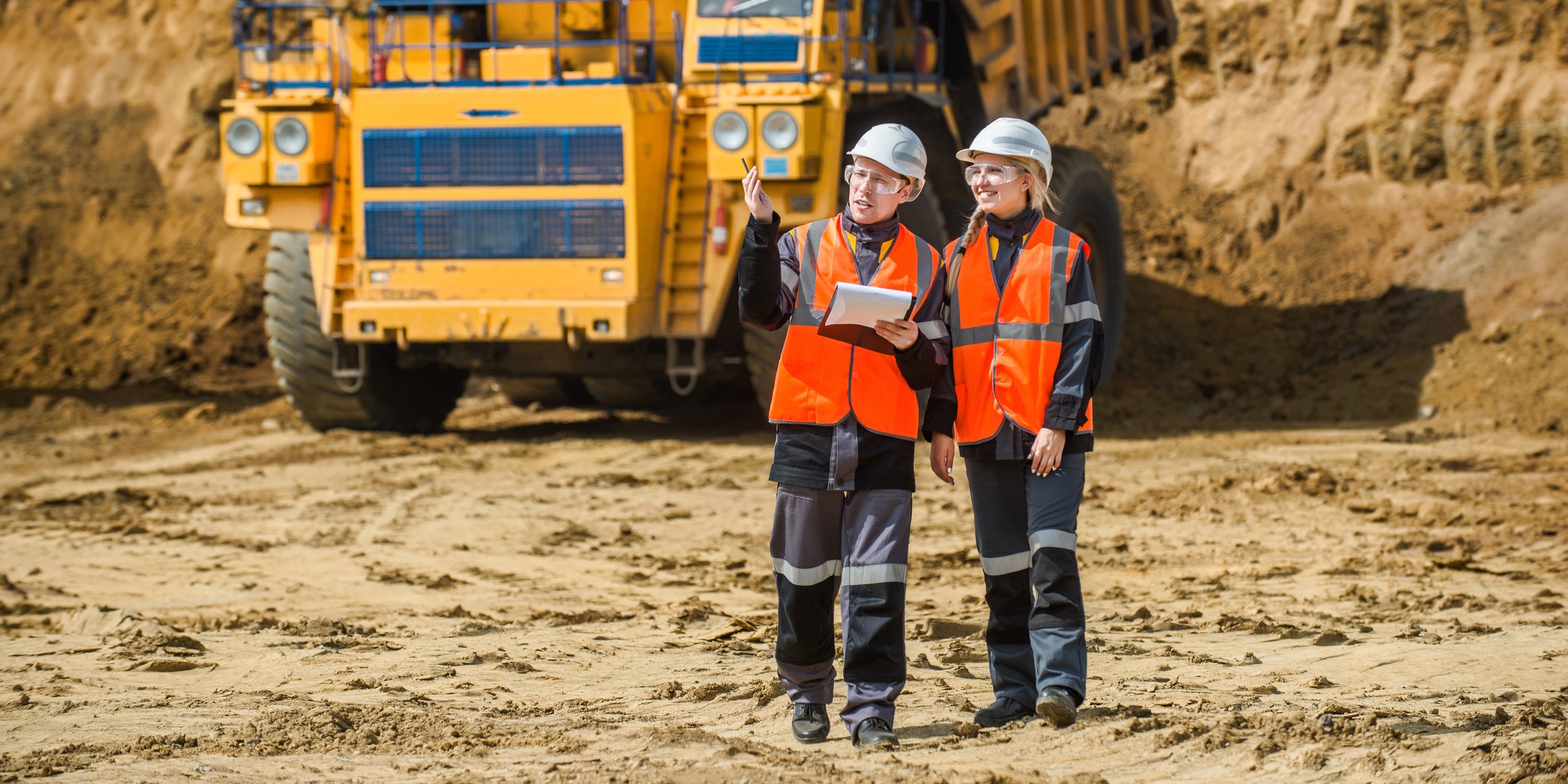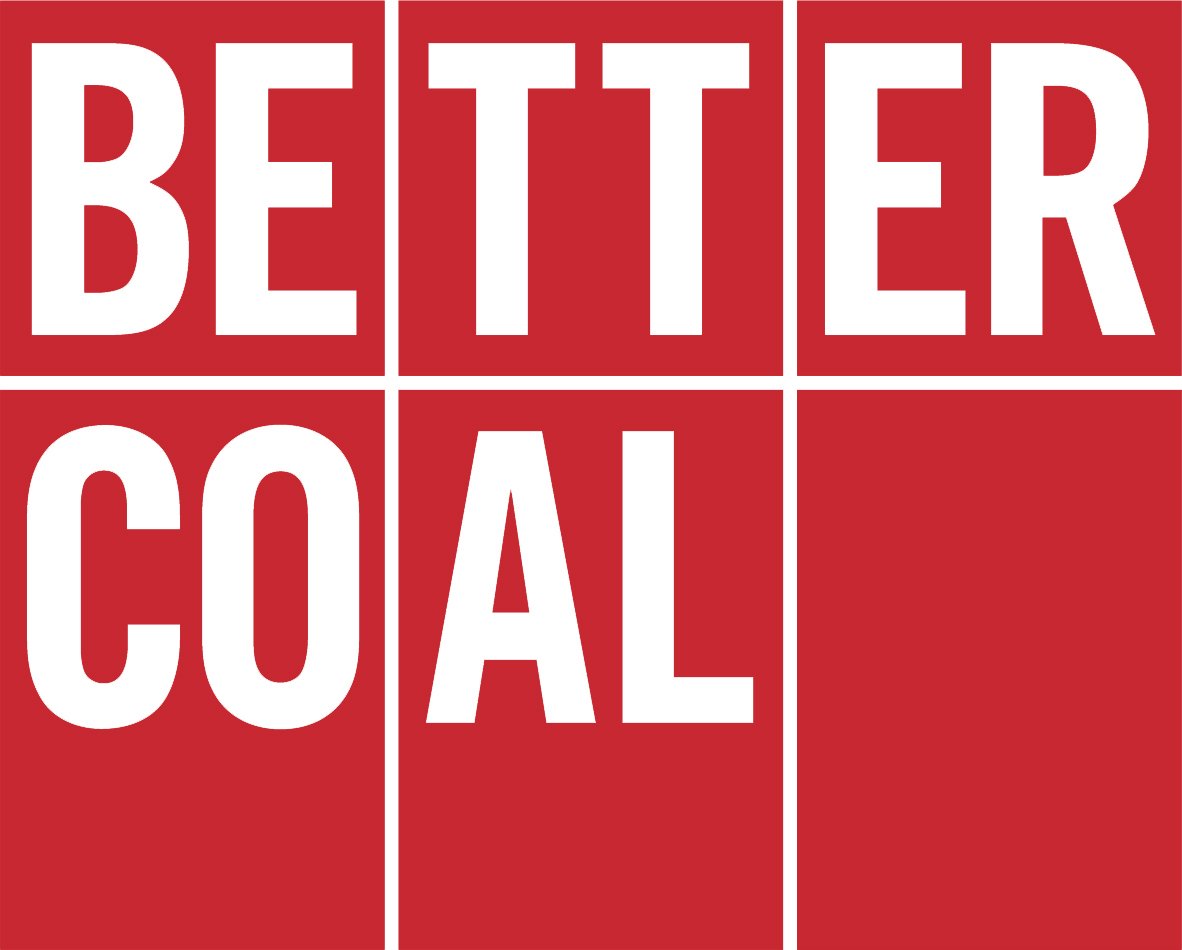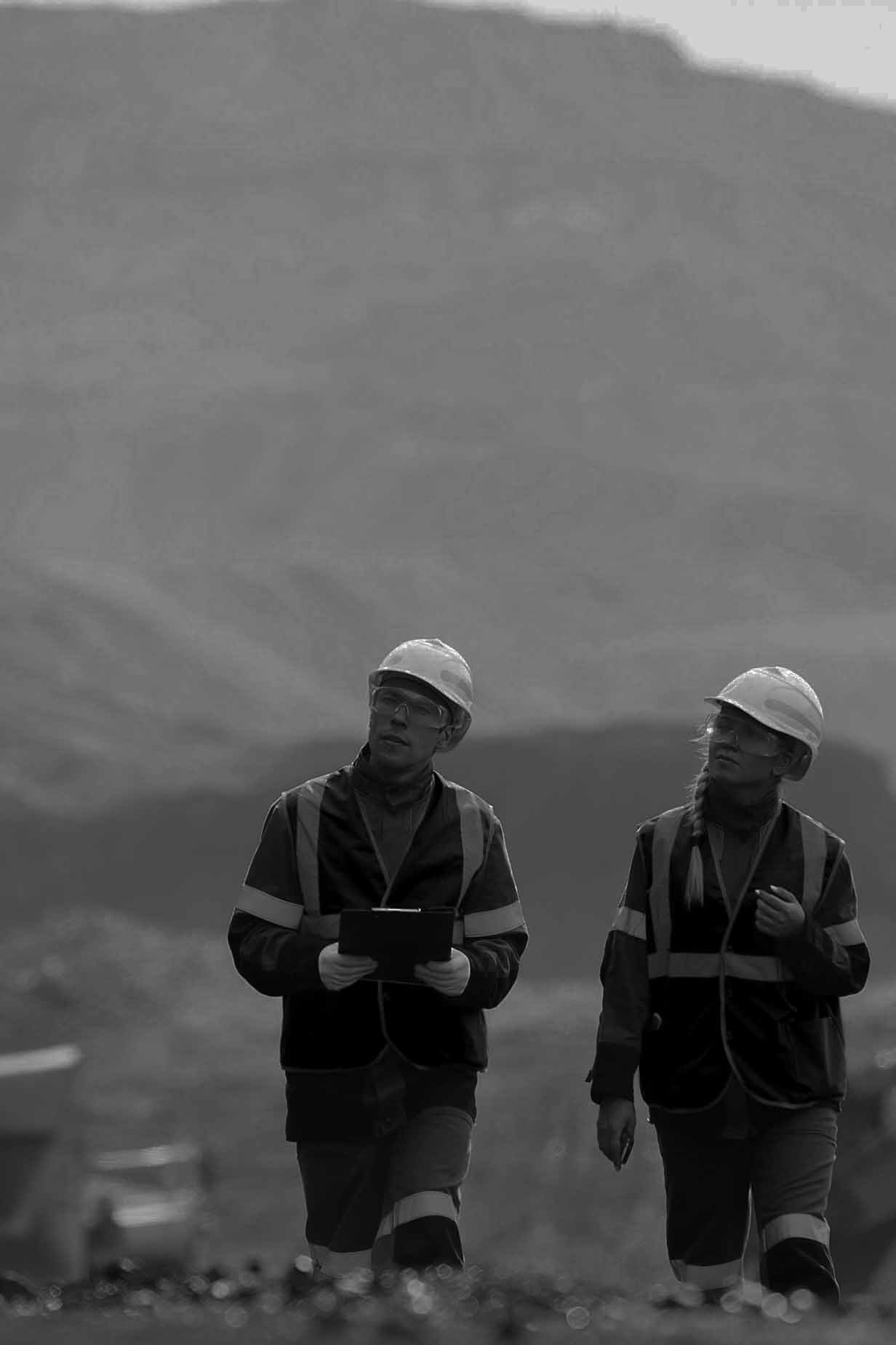About THE Bettercoal PROGRAMME
THE Bettercoal PROGRAMME is the internationally recognised Standard, now in its 11th year, working towards a global responsible coal supply chain. It is part of the Responsible Commodities Sourcing IniTiative (RECOSI).
We assess coal producers across the three pillars of ESG - Environment, Social and Governance - developing plans for each company we assess to ensure they improve performance to meet the expectations of the Bettercoal Code.
Established by a group of major coal buyers, the Bettercoal programme promotes continuous improvement in the sustainability performance of coal mining.
Purpose
To promote the continuous improvement in the mining and sourcing of coal for the benefit of all people impacted by the industry, workers and coal mining communities.
Who we are
governance
Board of Directors
Technical and Advisory Committee
Secretariat
Who we work with
Members
Producer network
Values
CONTINUOUS IMPROVEMENT
The Bettercoal Programme promotes the continuous improvement of coal mining by assessing its producers and of coal sourcing by working with its Members to improve their sustainability practices. Our Approved Lead Assessors engage with Bettercoal Producers from the outset of the Producer Assessment Process and impart their knowledge of best practice throughout the entire process.
TRANSPARENCY
The Bettercoal Programme commits to high levels of transparency by reporting on our Members' obligations and performance, sharing the high-level outcomes of our Producer Assessments and publishing all the relevant documentation on the Bettercoal Programme website.
STAKEHOLDER ENGAGEMENT
The Bettercoal Programme engages with a wide variety of stakeholders through the Technical & Advisory Committee (TAC), actively participating in industry initiatives, in-country workshops, meetings and sector related events. Our Complaints Mechanism is used as a tool for constructive feedback and exchange of information.
RISK-BASED APPROACH
The Bettercoal Programme follows a risk-based approach in its assurance to increase the efficiency of the Producer Assessment Process and provides pertinent information to Bettercoal Programme Members on responsible mining practices, while reducing the assurance burden for mining companies.
Our Standard & continuous improvement framework
Our Standard is called the Bettercoal Code. It is composed of 12 Principles, built around the three pillars of ESG. We are not a certification scheme; instead we are a Standard that promotes continuous improvement.
We provide a framework for Continuous Improvement.
Our focus is on ensuring Bettercoal Producers meet the 144 comprehensive provisions of the Bettercoal Code.
We work with each of assessed coal producers to create a tailored Continuous Improvement Plan.
Coal producer’s sites are assessed, on-site, every four years.
Between assessments, regular evidence is provided by the producer as to how it is working towards implementing the changes necessary to meet the expectations of their CIP. This evidence is verified by independent assessors.
THEORY OF CHANGE
The Bettercoal Programme Theory of Change, revised in 2020 to define our long-term goals and short to medium-term outcomes, also sets out the impact we aim to have as an organisation, growing and improving the Bettercoal Code, driving more sustainable practices in our supply chain, rewarding this with more business from members, while also engaging stakeholders and communities along the way.
As captured in our Theory of Change, all the work we do is underpinned by our values, ongoing engagement with our stakeholders and of course, the Bettercoal Code, which is the backbone of our organisation.














